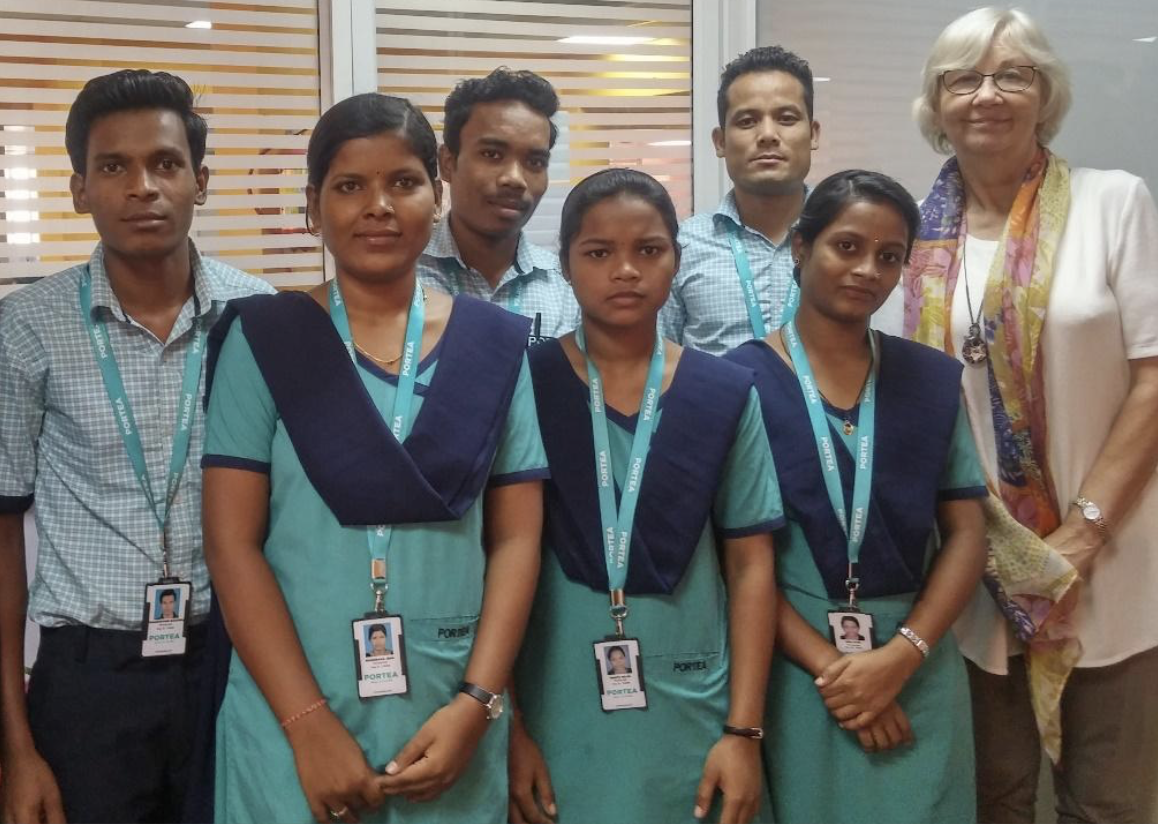Beyond Aid is an ImpactAlpha series, produced in partnership MEDA, exploring new tools and strategies for sustainable development.
Good gender-lens investment strategies add a gender screen to investment options. Great gender-lens investment approaches unlock unrealized value in achieving gender-parity across investments.
More than two dozen new private funds making bets on women launched in 2018 – a total of 87 such “gender-lens” funds have raised $2.35 billion. Still, too many of these investors are applying gender-lens strategies that are too narrow or shallow, leaving potential impact and financial gains on the table.
More than two dozen new private gender-lens funds launched in 2018
Investors must go beyond positive screens, like limiting investments to only women-owned companies or setting thresholds for women’s representation on boards. Standalone gender screens will not move enough capital into the types of solutions necessary to deliver the Sustainable Development Goals and unlock the economic value associated with gender parity throughout the economy.
MEDA has found that investors that go deeper can realize an investment’s full gender – and financial – potential. We call the approach “gender mainstreaming.” A gender-mainstreaming strategy examines how gender-based data influences a business’ performance across its operations and uses these findings to drive gender equality and business growth. Done right, the analysis surfaces opportunities for women as suppliers, employees, leaders and consumers at any company.
Total assets in public and private gender-lens products double to $4.65 billion
MEDA has codified this approach in its Gender Equality Mainstreaming (GEM) Framework. The GEM Framework mainstreams gender across the environmental social and governance (ESG) standards, rather than pigeonholing gender in the ‘social’ component of ESG. The GEM Framework is an open-source toolkit that uncovers gender patterns and business strategy insights by considering how gender affects a company at multiple stakeholder levels. MEDA has supported seven investment funds and twelve business leaders to adopt the GEM approach. We built the framework in partnership with USAID, Chemonics International and Sarona Asset Management.
Better business
MEDA’s partnership with a fast-moving consumer goods firm in Indonesia, for example, demonstrated how applying GEM can reveal and challenge unconscious biases on the part of senior management. By disaggregating its human resources data by gender, the company learned that women employees outperformed men employees on several productivity metrics. Male employees, contrary to management’s belief, took more sick days than their female counterparts. These findings helped shift social norms and led to the company’s commitment to increase the proportion of women staff from 22% to 35% in the next two years. A year in, already the firm has realized a 33% increase in average revenue generated per employee.
In India, MEDA worked with a healthcare care company that attained impressive financial gains after investing in low-income frontline staff, the majority of which are women and youth. After sponsoring a series of soft-skills trainings to boost gender awareness, the company’s frontline employees reported increases in self-confidence. Interestingly, male staff reporting a greater increase in confidence due to the gender-biased stigma associated with men working in caregiving roles. Twelve months since the start of the soft-skills trainings, the number of customer complaints have reduced significantly, patient referrals have increased by 95% and total gross services revenue improved by 32%.
Investor insights
MEDA has supported investment funds to implement gender-lens practices. With Alitheia IDF Managers, a women-owned, pan-African fund manager, MEDA developed a bespoke gender-lens investing toolkit and impact matrix to help operationalize the fund’s gender-lens strategy. The toolkit equips the fund team with guidelines, tools and tips to create value in investee companies.
The GEM Framework has received endorsement from the gender-lens investing community. Women’s World Banking, SEAF and the Criterion Institute have used the GEM Framework to inform their respective investment and capacity building strategies. It has been adopted as both a standalone tool, as well as informed other leading organization’s gender-lens investing approaches.
As gender-lens investing gains traction, investors will be challenged to rethink investment strategies that simply count women and screen in, or out, companies. A robust approach to gender mainstreaming – one that helps unlock the unrealized value of gender-parity – is an essential element of any investor.
Carolyn Burns is a manager of partnerships and innovation at MEDA. Devon Krainer is a project manager of global programs at the organization.
MEDA is a 60-year-old Canadian nonprofit specializing in market systems and investment approaches to economic development in emerging and frontier markets.












